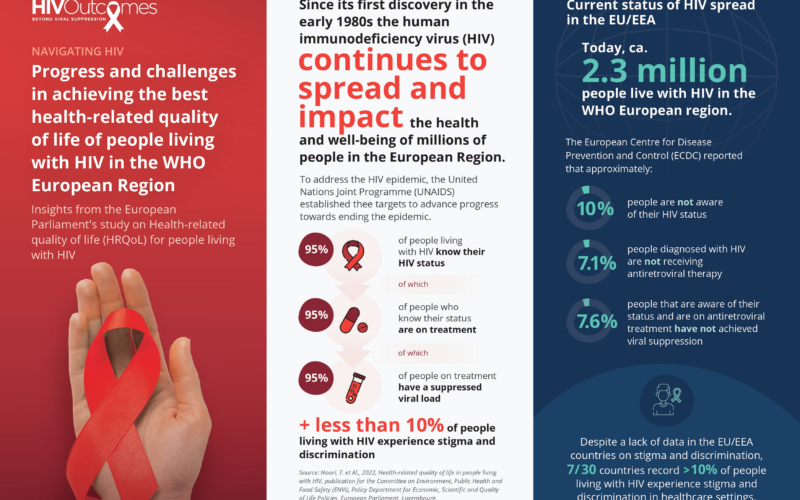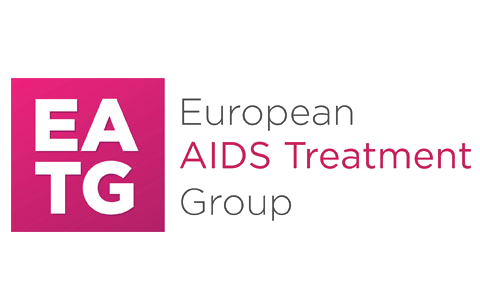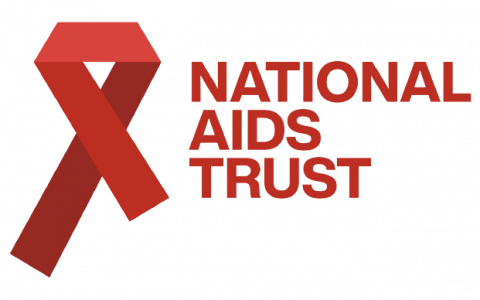
HIV Outcomes Policy Asks: Enhancing long-term health and well-being among people living with HIV
People with HIV are at higher risk of developing a range of other physical and mental health conditions (comorbidities). These include cancers, cardiovascular disease, chronic kidney disease, diabetes, lower bone mineral density, frailty and other physical disabilities, as well as depression and anxiety. The prevalence of poor health-related quality of life (HRQoL) is also higher among people with HIV than in the general population.
To address these multi-faceted challenges, an integrated and person-centred approach is required. Integrated, person-centred care entails responsiveness and sensitivity to individual needs and preferences, including those associated with specific population groups. It requires a focus on what it means to grow older with HIV, as well as stigma and discrimination at all levels.
Discover the new HIV Outcomes policy paper, developed through collaboration between HIV Outcomes national country initiatives, Steering Group members, and General members from across the WHO European Region and learn about the four key areas where action is needed to improve health and well-being among people with HIV:
- Comorbidity prevention, treatment and management
- Ageing with HIV
- Measurement of person-reported outcomes (PROs) and monitoring of HRQoL
- Combatting stigma and discrimination
Downloads
More updates All









